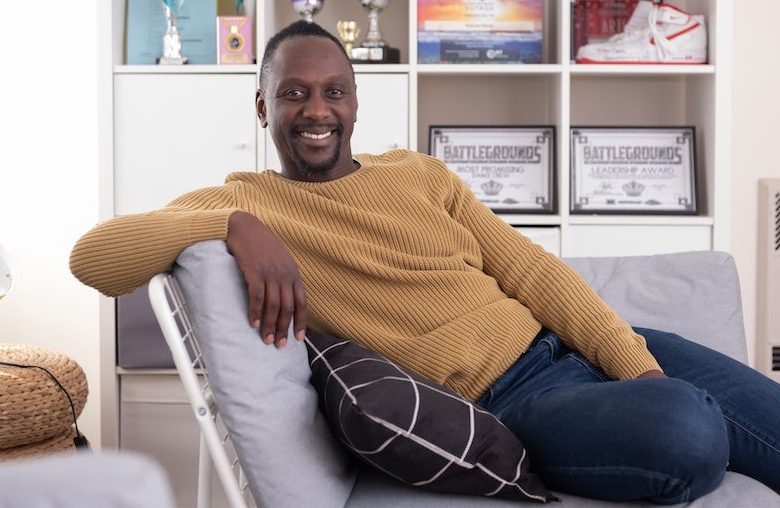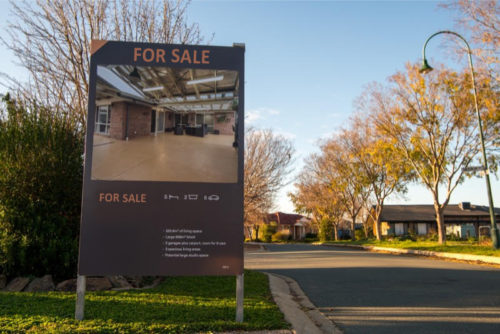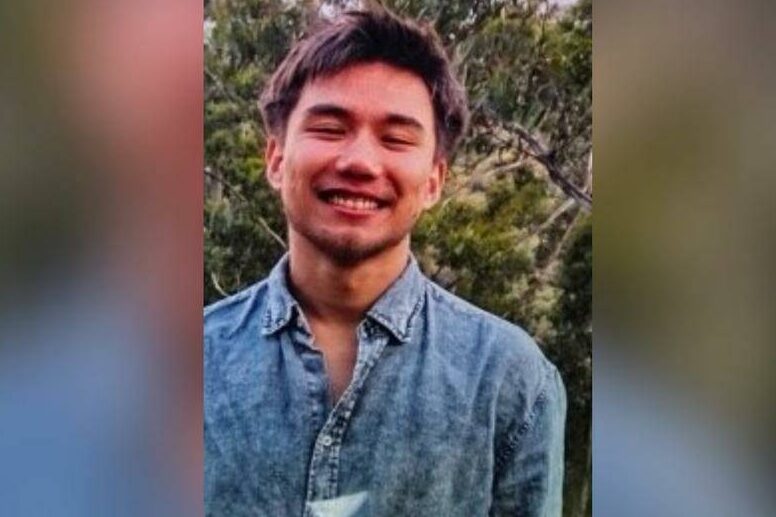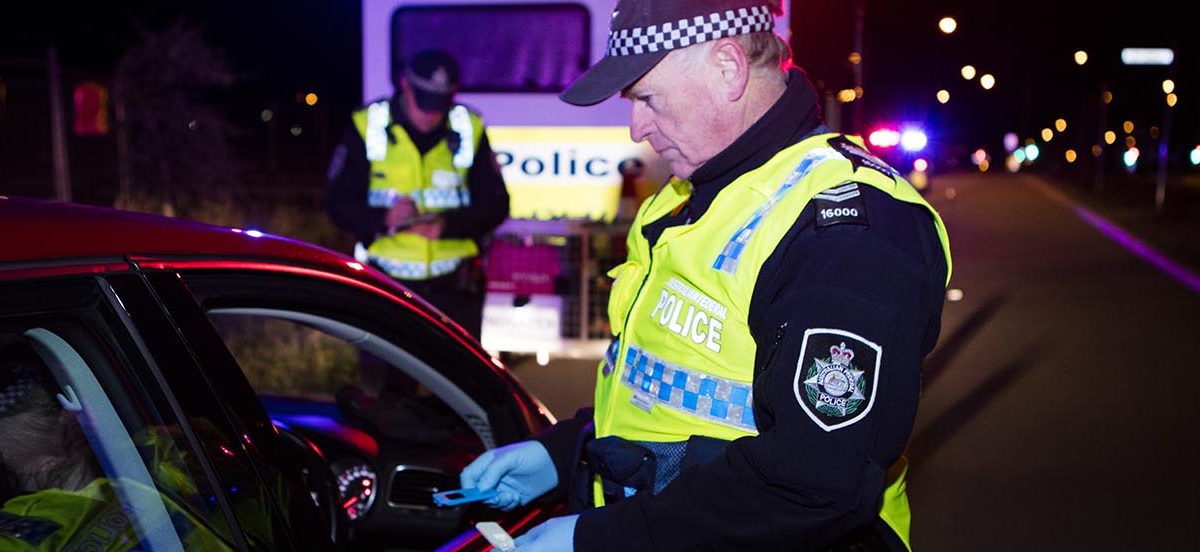
AS a teenager, Francis Owusu’s parents supported his desire to dance, but told him he had to “get a real job” as well.
So when he founded the not-for-profit social enterprise and dance school Kulture Break in 2002, he wanted the focus to be on more than dance and music, extending to mentoring and employment programs.
“My parents said: ‘You want to dance, that’s great!’ But they encouraged me to go to university, too, and I’m grateful for that,” he says, crediting his degree in banking and finance from UC for holding him in good stead in running the organisation.
“For me though, a big part of overcoming my anxiety and insecurity as a teenager was getting involved in the arts,” he says.
“While the kids we work with at Kulture Break start out feeling very shy, they end up surprising us by getting on stage in front of a large audience – which can be terrifying! And there they are, showcasing themselves.
“I launched Kulture Break in the first place because I was that shy kid. I was reserved, I struggled with my sense of self and my wellbeing. It was so bad that even reading aloud in class, I’d stutter from embarrassment and self-consciousness.
“All the skills I learned through dancing, which improved my confidence, led me to where I am now. I worked in music as well, singing bass in a boy band for 10 years.
“It all made me want to help the next generation start their own journey. It’s important to me to provide the opportunities I had to others,” he says.
The catch-cry “get a real job” is something so many creatives hear, Francis says, that it became the basis for Kulture Break’s latest offering, the Creative Pathway to Employment initiative, which will provide free, nationally recognised training qualifications for high school students in years 9 and 10.
It’s offered through the Elevate Academy, a creative training and employment pathway company for young people, also founded by Francis.
“Mentorship has always been an undercurrent at Kulture Break, and I started to think, what’s next for these kids? What skills can they acquire and what future job opportunities can we help them with?” he says.
“As well as dance training and connections to the business industry, young people will learn soft skills – communication, working together, how to lead, problem solve and think critically. These are things employers are looking for, and can be applied to any job across industries.”
Francis, 45, says the 16-week pilot program, offered through high schools and developed in collaboration with the Australian Academy of Media, is “a personalised learning journey”, combining face-to-face and online learning through Erindale College, plus practical work experience at hospitality, dance, live entertainment or media businesses.
Once completed, the students will have gained up to four units of competency from the nationally recognised Certificate II in Dance, that can go towards their Year 10 certificate.
“We had a quota for 16 kids for the pilot, and ended up taking 22; plus a waitlist. It’s ongoing, we want to give them a taster and if they’d like to continue next year they can, and get a full qualification,” says Francis.
“The students will develop skills in working with others, in dance but also in the workplace, and learn to navigate the creative arts industry.”
Under Francis’ leadership as CEO, he says Kulture Break’s mission has been to use “creative expression” to affirm young people’s sense of belonging, self-confidence and capability, aiming to reduce the risks associated with mental health.
“In the past 18 months with the pandemic, there’s been a constant fear and anxiety of what’s going to happen,” he says.
“And unfortunately with lockdowns there’s been a loss of employment, particularly for young people in the areas of retail, hospitality and entertainment.
“It’s a challenging time. Many young people are isolated, away from their normal activities and their friends, and there can be a sense of hopelessness.
“It’s more important than ever to stand with young people.”
Students wanting to apply for the Creative Pathway to Employment initiative should contact their school. More information via admin@elevateacademy.com
Who can be trusted?
In a world of spin and confusion, there’s never been a more important time to support independent journalism in Canberra.
If you trust our work online and want to enforce the power of independent voices, I invite you to make a small contribution.
Every dollar of support is invested back into our journalism to help keep citynews.com.au strong and free.
Thank you,
Ian Meikle, editor




Leave a Reply